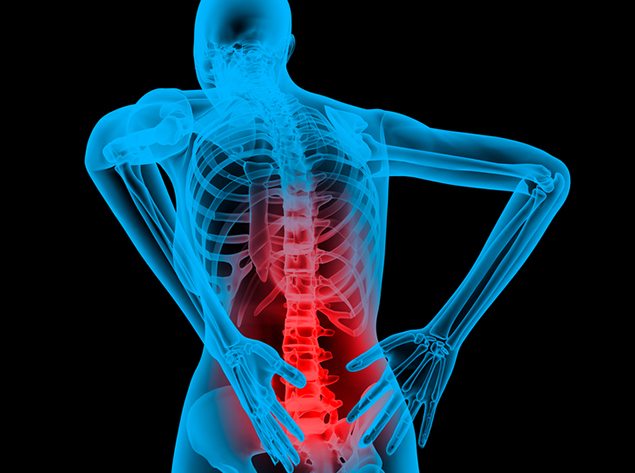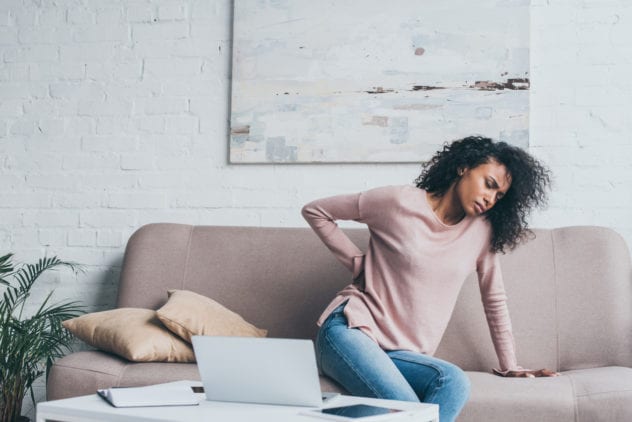While people often think of lower back pain as a localised pain, new research suggests the pain could have wider impact on the body’s stability.
When experiencing lower back pain, individuals may unconsciously alter their movements or posture to avoid discomfort, which can affect their overall body mechanics.
Lower back pain doesn’t just impact older generations either.
The research has shown lower back pain is extremely common across all ages. Lower back pain also has a range of causes – from musculoskeletal disease to mild injury.
“Given today’s sedentary lifestyle and the recurrent, complex and sometimes disabling nature of low back pain, understanding the full scope of this ailment is more important than ever.” says Dr Adrian Pranata, Senior Lecturer of Physiotherapy.
For physiotherapists, this initial finding challenges the physiological understanding of back pain. Leading professionals to change how they assess and rehabilitate lower back pain.
“As part of this study, we developed a new tool for balance control assessment in lower back pain sufferers. Future applications could allow physios to have a quantitative measure of patients’ mobility issues, allowing them to target interventions and accurately measure their effects.” said Dr. Pranata.

6 Effective Strategies for Prevention and Relief for Lower Back Pain
Here are six effective strategies to help prevent and alleviate lower back pain:
- Maintain good posture: Practice proper posture while sitting, standing, and lifting to reduce strain on your lower back.
- Stay active: Engage in regular exercise, such as walking, swimming, or yoga, to strengthen your core muscles and improve flexibility.
- Lift correctly: Bend your knees and keep your back straight when lifting heavy objects to avoid putting excessive pressure on your lower back.
- Support your spine: Use ergonomic chairs, pillows, and mattresses to provide adequate support to your spine while sitting and sleeping.
- Take breaks: Avoid prolonged sitting or standing by taking regular breaks to stretch and move around, especially if you have a desk job.
- Manage stress: Practice relaxation techniques, such as deep breathing or meditation, to reduce muscle tension and prevent stress-related back pain.







